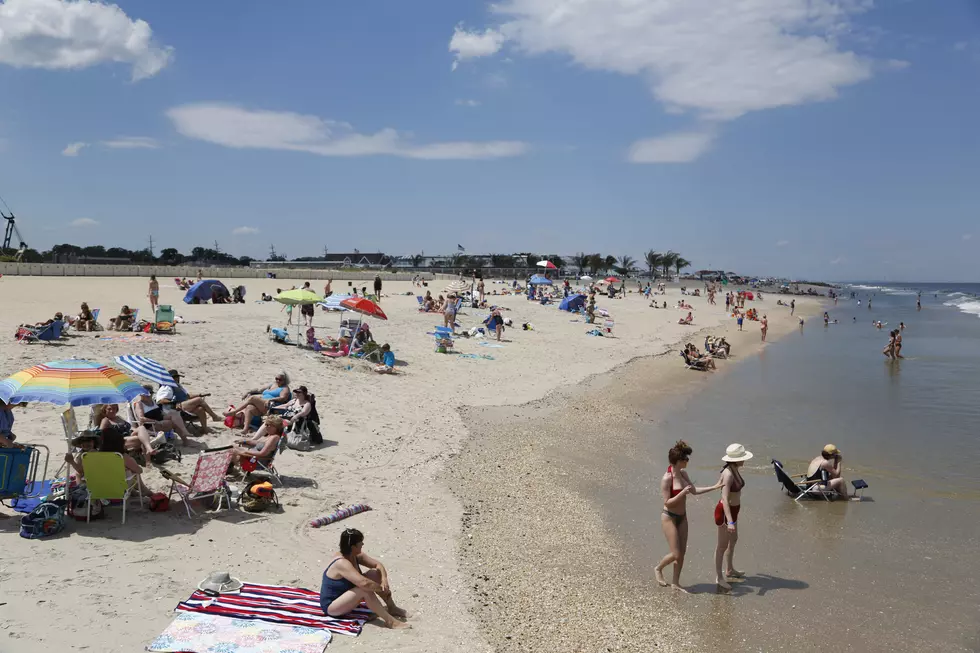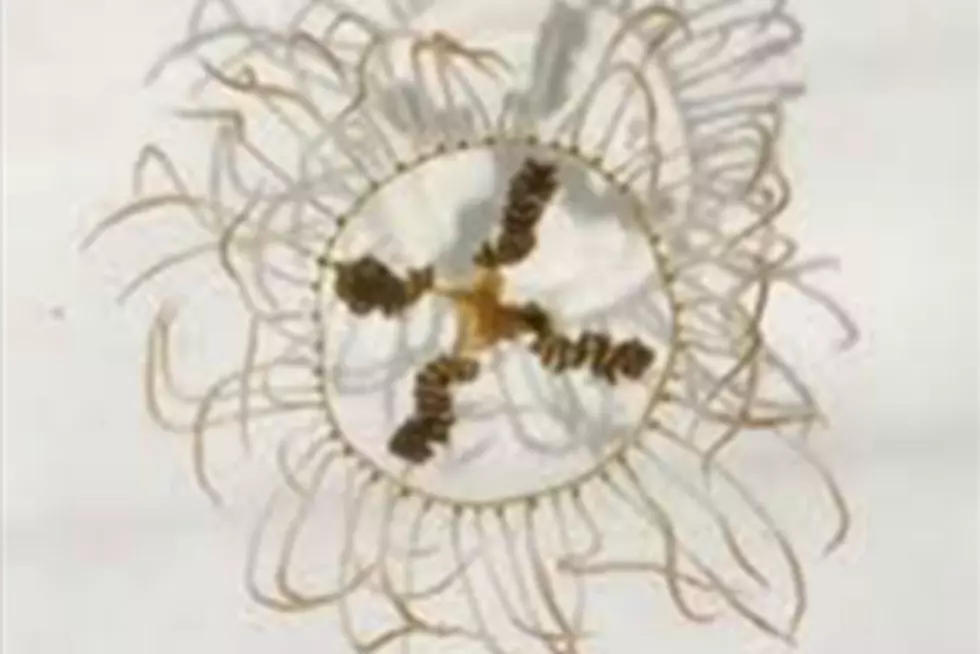
NJ lawmakers try again on Barnegat Bay pollution limits
New Jersey lawmakers are trying again to impose daily limits on the amount of pollutants that can be allowed to wash into the fragile Barnegat Bay.
Environmental groups say the limits are the only way to truly improve water quality in the struggling waterway. But opponents say new rules could stifle development and economic activity near it.
A state senate committee advanced a bill Monday that would require the Department of Environmental Protection to study the bay's water quality. If it's determined to be impaired using the standards of federal Clean Water Act, the state would have to set limits on how much pollution caused by phosphorus, nitrates and sediment should be allowed to enter the bay each day.
Gov. Chris Christie vetoed an identical bill in 2010. His administration issued a 10-point plan to help the bay, including the nation's toughest restrictions on fertilizer. But it stopped short of setting daily pollution limits for the bay.
Fishermen say they seem to be catching less in the bay in recent years, and it is beset by jellyfish, which have eliminated swimming in many places. Environmentalists say the jellyfish are thriving due to high levels of nitrogen washing into the bay.
"Barnegat Bay is dying," said Dave Pringle, New Jersey director of Clean Water Action. "Everybody knows the problem in Barnegat Bay is overdevelopment."
Setting daily pollutant limits "is really the only way we're going to fix this bay," he said.
Michael Egenton, executive vice president of the New Jersey State Chamber of Commerce, said most businesses recognize the importance of protecting the environment in a state where tourism is the third-leading industry. But he said setting daily pollutant loads could cause more harm than good if done in an extreme way.
"Anything is doable," he said. "Let's just make sure we don't go too far to the other end of the spectrum where we cause (businesses) to say, `I can't operate a facility in New Jersey,"' Egenton said. "The devil is in the details."
John Gray, the DEP's deputy chief of staff, wrote to the Senate Environment Committee on Monday, saying the type of daily limit proposed in the bill would not address the main problem. He said such limits are effective in stopping pollution from specified sources, but added that the primary problem is "non-point pollution" -- contamination defined by the U.S. Environmental Protection Agency as coming from numerous sources such as land runoff, tainted rain or snow, and particulates that fall from the atmosphere.
He said the DEP continues to study the bay's water quality, and has completed 10 research projects on it. Gray said results of that research will advise DEP on how much pollution is too much, adding that a legislatively imposed limit "is not the best approach to approve the quality of Barnegat Bay."
(Copyright 2016 The Associated Press. All rights reserved. This material may not be published, broadcast, rewritten or redistributed.)
More From New Jersey 101.5 FM









